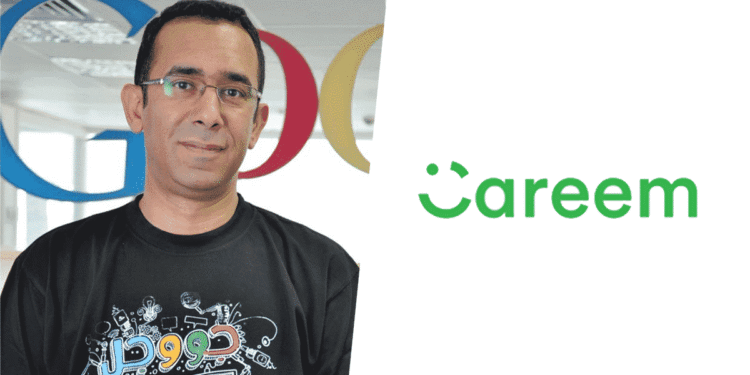It started so well. One of the most respected Egyptian IT executives, a 3Com and Google veteran (disclaimer – I briefly worked with Wael when he was at 3Com in 2005), Wael Fakhrany announced he was to leave his senior role in Google to join Careem, the app-based car booking service that had been founded five years ago in Dubai and which had become only the second tech unicorn in the region.
In a Medium piece written to explain why he’d be leaving one of the most respected companies in the world, Wael wrote that:
“For me, Careem represents more than a dream, it represents a promise. The promise that a local company, from this region, created by people who grew up here and understand our problems can cater to those issues. The idea is that it wouldn’t cater to them the same way your average multinational does — not by applying some sort of all-encompassing global law and calling it their mission or values and not caring what the users want. It was about compliance with local laws to the fullest, ensuring that we are integrated and part of the community. Ensuring we are providing an unrivaled caliber of service; and that all the stakeholders — whether us, the government, the captains, or the customers all came out as winners.”
The match seemed to be ideal; Wael would lead the organization in Egypt as its Managing Director and Senior Vice President Government Relations. Careem would benefit from Wael’s decades-worth of experience in the tech sector as well as his brand image in Egypt.
This partnership ended on Sunday this week, in dramatic fashion. As you’re all aware, Careem announced that Wael was leaving, in a rather haphazard fashion, with the following: “There are times when a great mind in a great role at a great business does not necessarily make a great fit”. There was no hint of why he’d left, after only six months with Careem, and no explanation as to whether he’d been let go or left of his own accord.
Taking to Twitter the day after to refute the claim that he’d left of his own accord, Wael wrote that, “I didn’t resign from Careem, I was fired in a humiliating and abrupt way. God knows how hard I’ve worked. I am heartbroken, but I know that justice will be done.” That tweet, which was Wael’s last activity online, has been shared over 1,200 times. It has also spurred a backlash against Careem in Egypt, with thousands of Egyptians using the hashtag #DeleteCareem to show their support for Wael.
لم استقيل من كريم و لكن تم طردى من الشركة بطريقه مهينه و مفاجئه. يعلم اللة مدي المجهود اللي عملته. انا مقهور و لكن متأكد أن حقي هيرجعلي !
— Wael Fakharany (@mowael) March 13, 2017
Lessons to be learned
It won’t be the first time that a seemingly perfect match ends in such a manner. The public reaction is easier to understand, however. Careem has handled the situation poorly. It seems that the announcement was made without Wael’s input. And the language used in the release was vague at best, leaving many to wonder if Wael had left of his own accord only months after leaving Google for Careem. Wael had himself written that people who ask why he’d leave Google for Careem. What would they think of him for leaving Careem six months after quitting Google?
Wael’s response wasn’t surprising. In the age of social media, it’s never been easier to put out a message online that can reach millions. It also underlines another lesson for Careem, namely that a personal message will always trump corporate speak. In hindsight, it was wrong to use a press release and ambiguous language, and not ask one of the partner founders to step in and give their own voice to the reasoning behind the decision for Wael to leave.
For many of those Egyptians who responded to Wael’s tweet, he was Careem in Egypt (the visual of Wael next to Careem is the one which has been used by many online as well as traditional media). The fact that he’s now leaving means that they’ll take their business elsewhere. They knew Careem through Wael. It says a great deal about both that the personal brand of Wael Fakhrany is stronger than that of Careem’s brand among the country’s online community.
Finally, there’s the Careem story. Wael wrote about wanting to work for a local start-up that supports local communities and is in tune with local values, and much of Careem’s narrative has been about it being from the Middle East and for the Middle East. This episode reminds me of similar issues that UBER has recently faced regarding its CEO. Narratives are great for engaging people, but they must fit with the facts.
Whatever the outcome of this saga, I do hope that both parties come out learning lessons for the future. Wael is a remarkable person, who has done more than many to support the local tech start-up community in Egypt. Likewise, Careem is a tech success story of what can be done regionally with the right investment and strategy. Nevertheless, a company without values is simply a shell. Careem’s management would do well to learn that values are lived through actions, and not just words.





